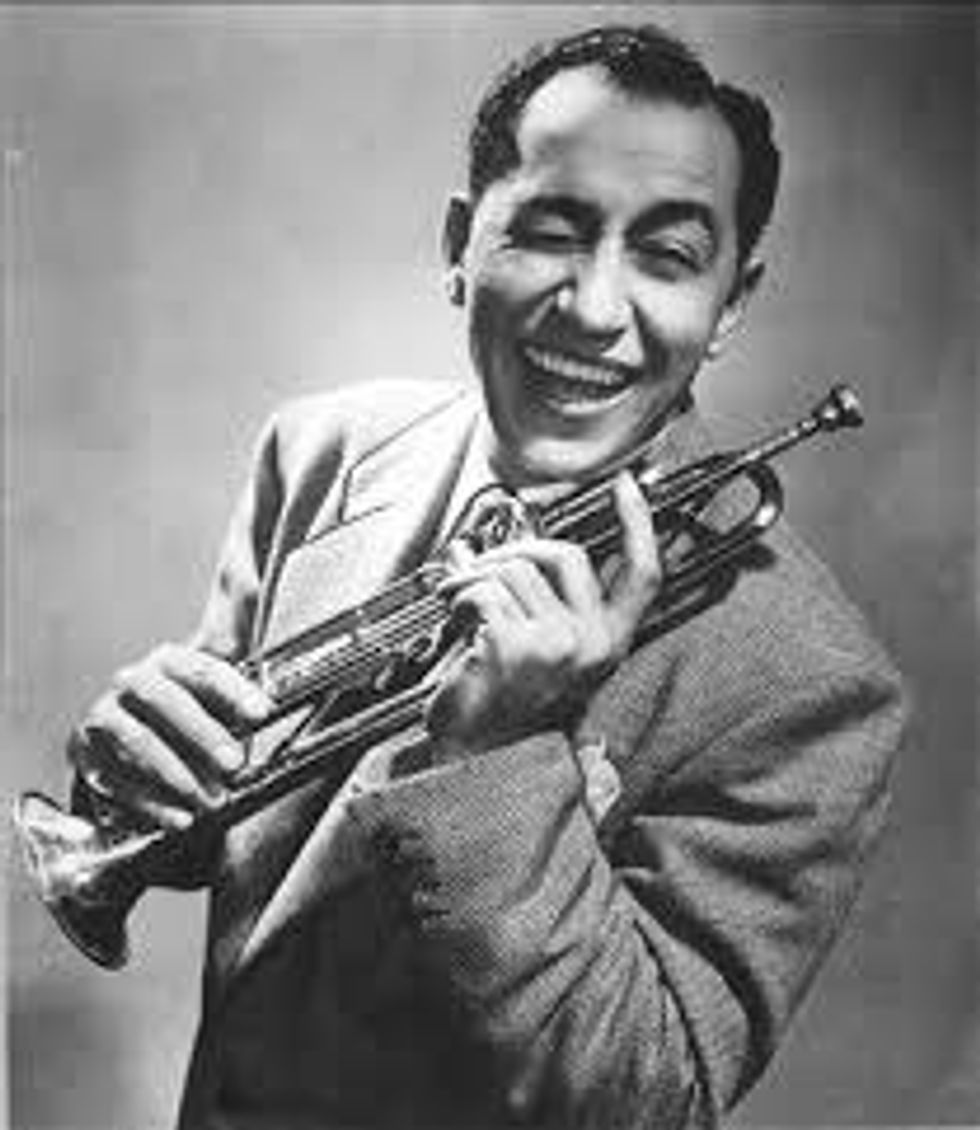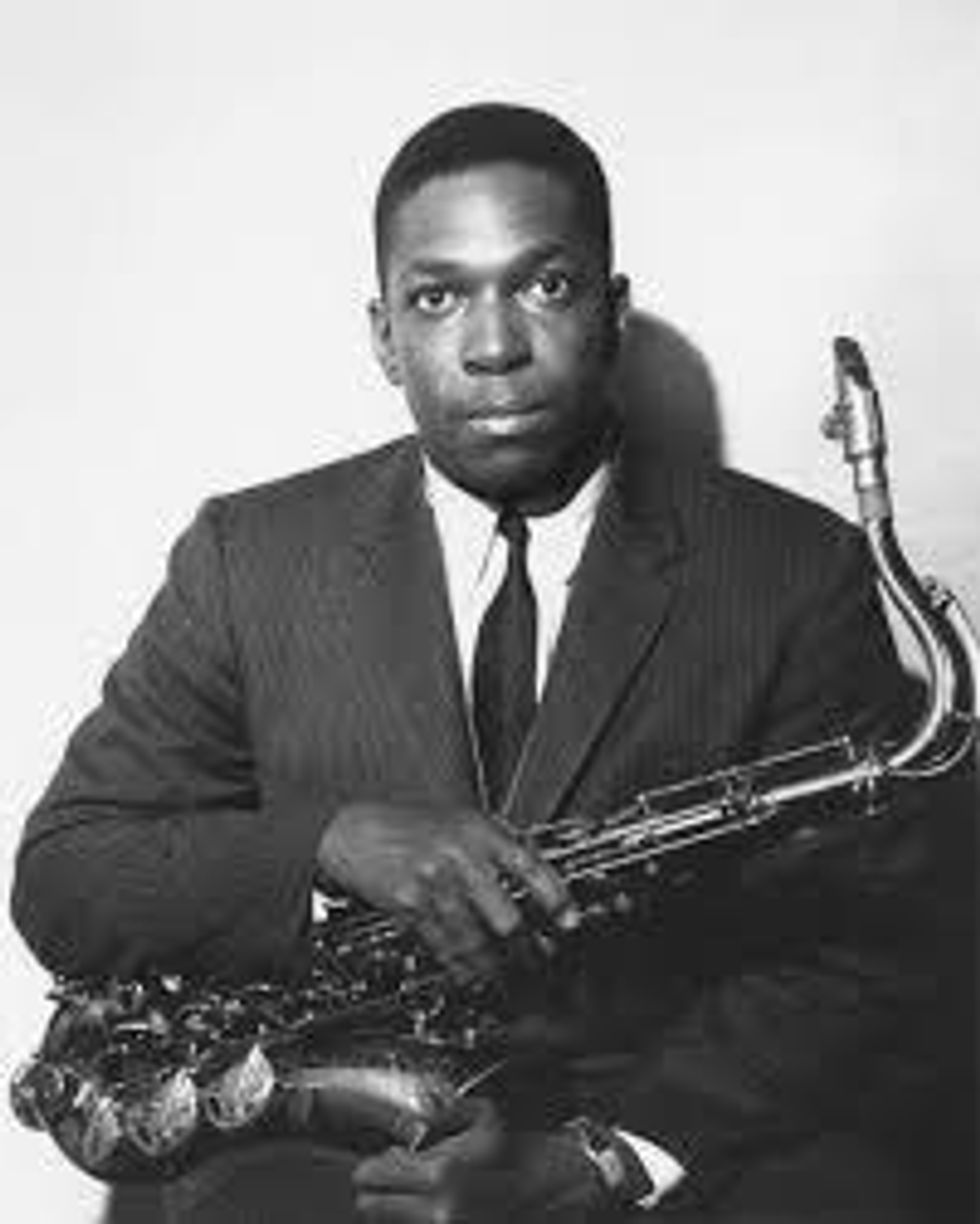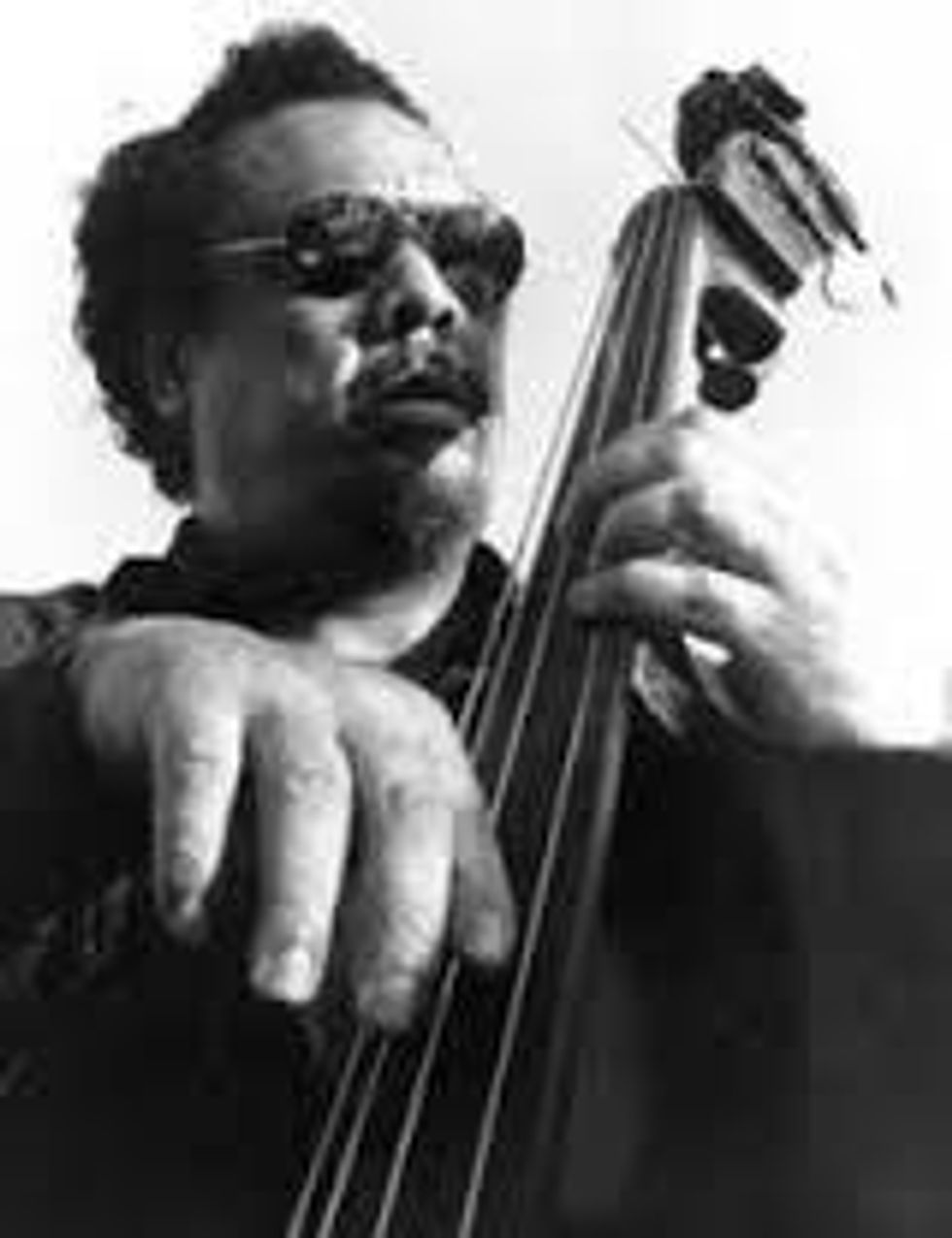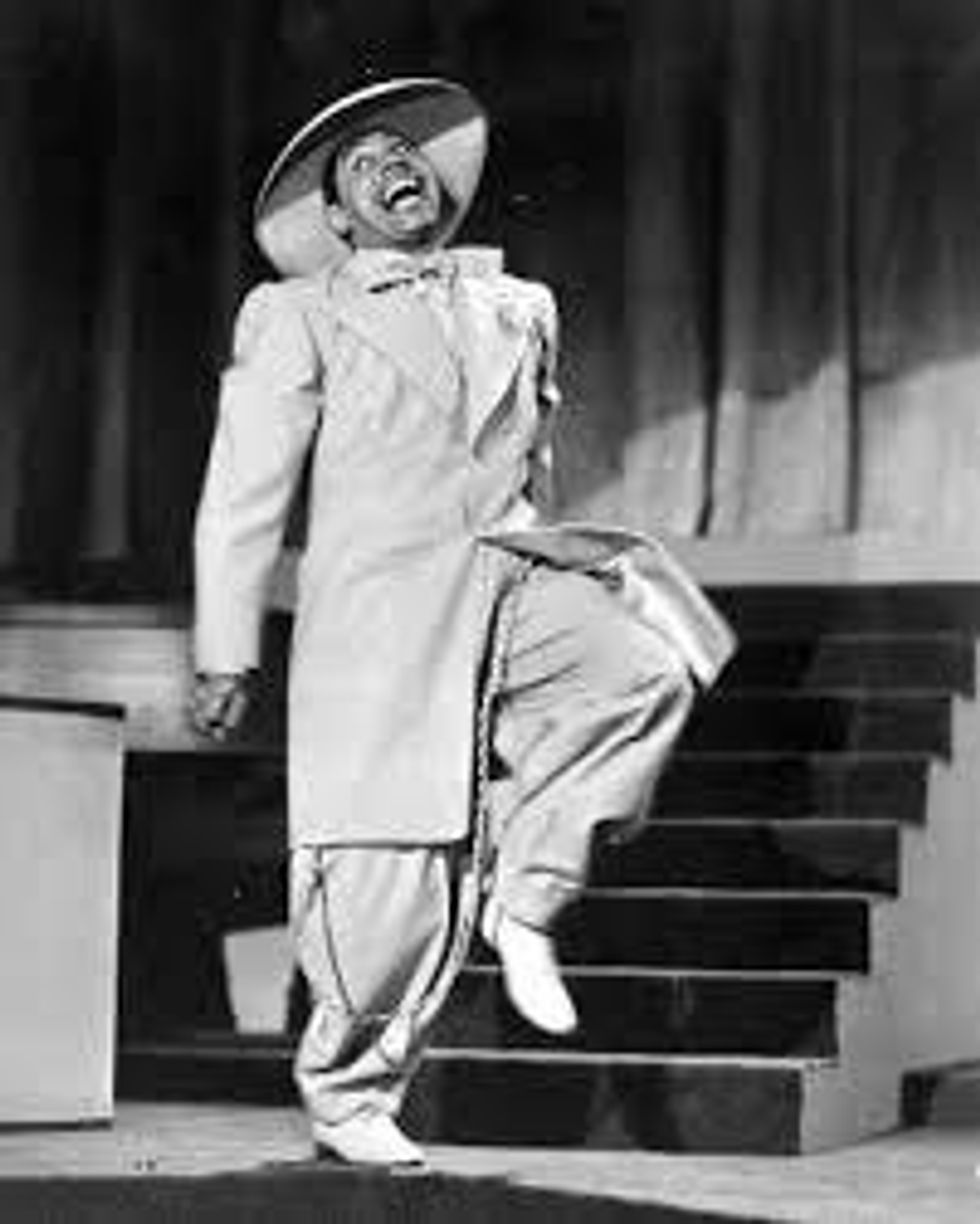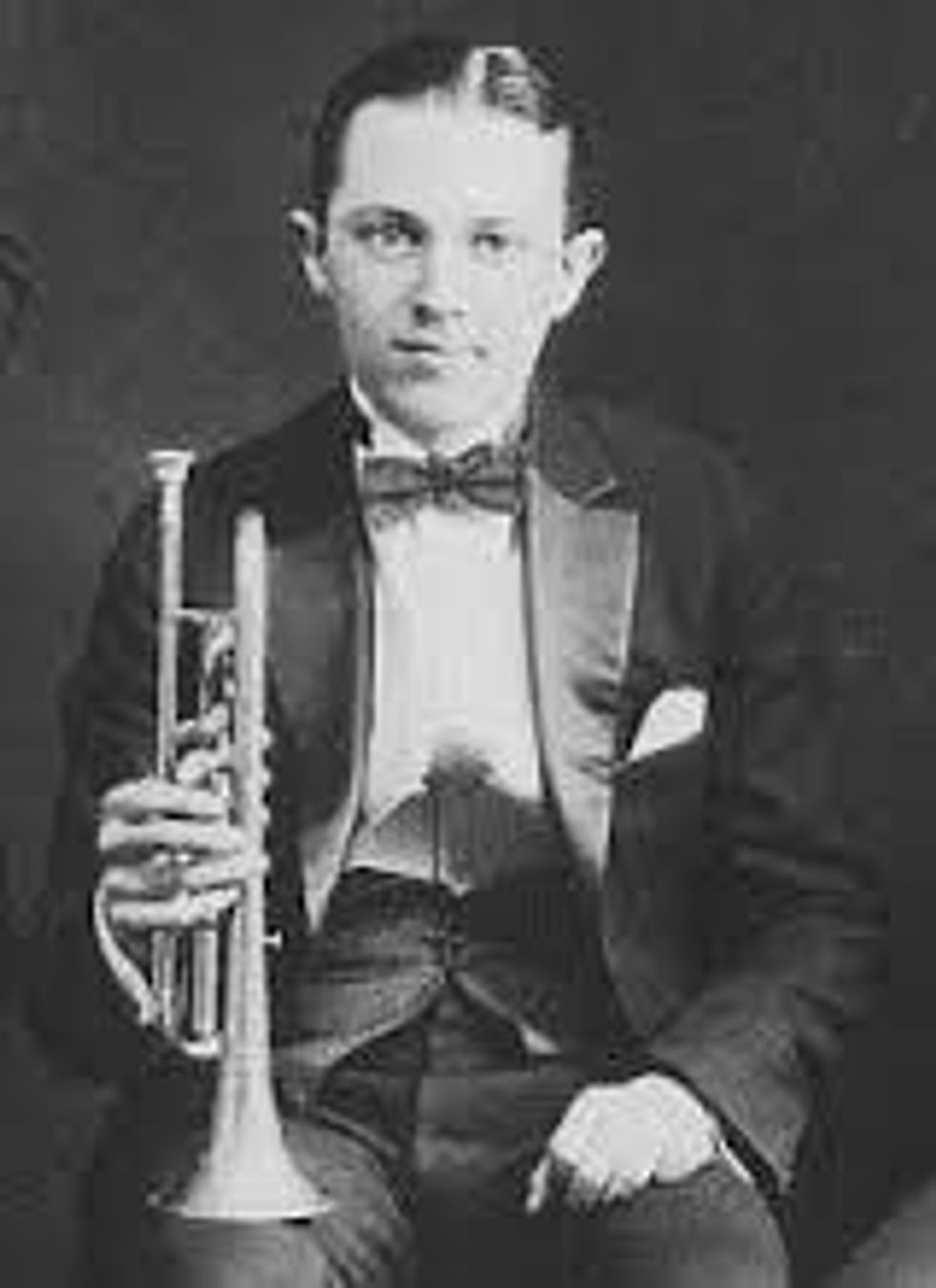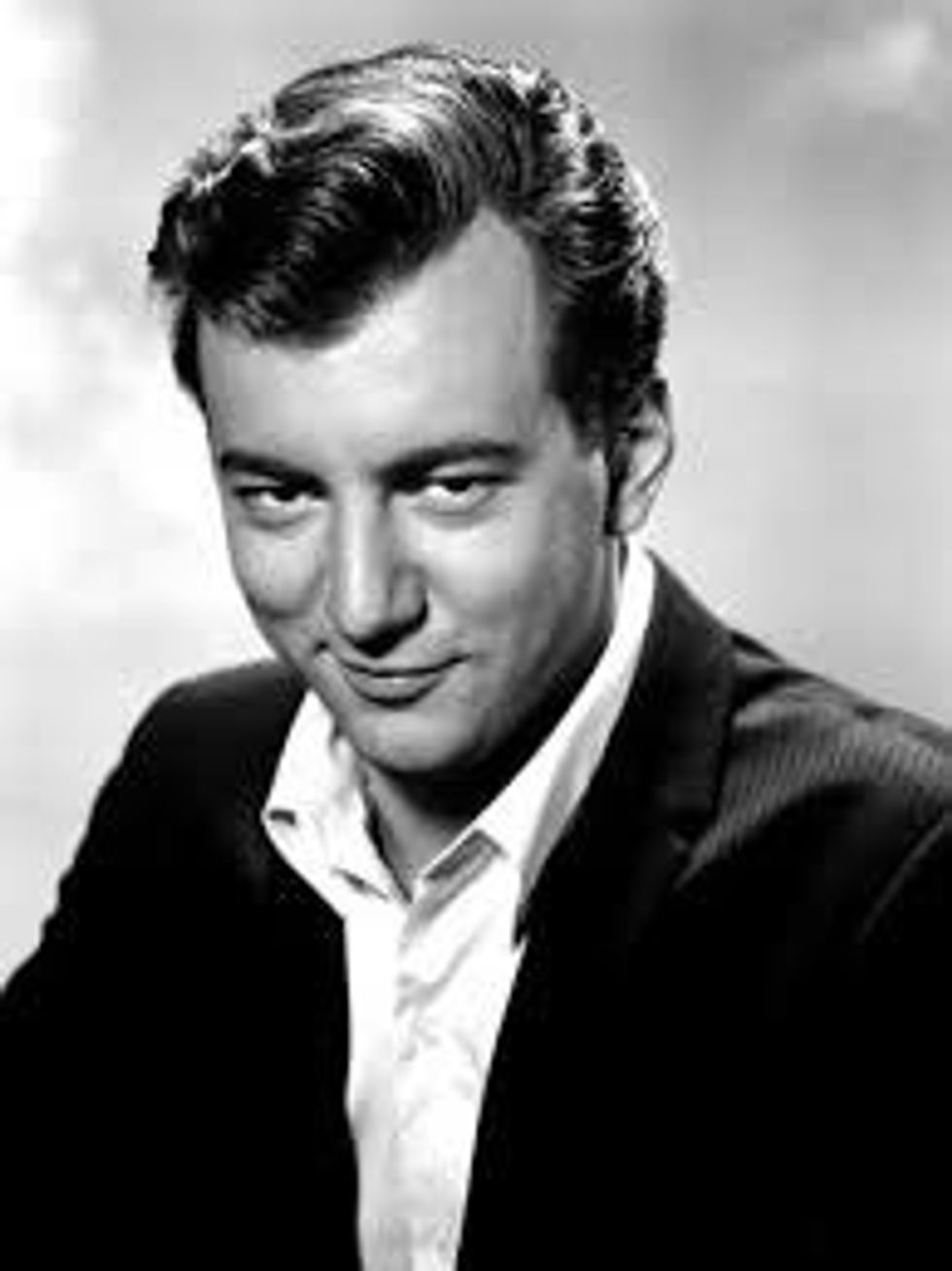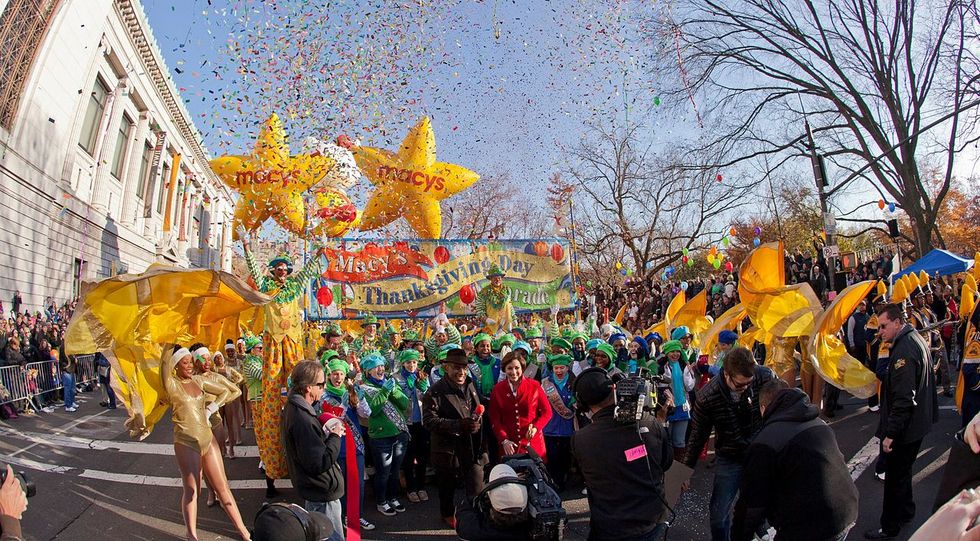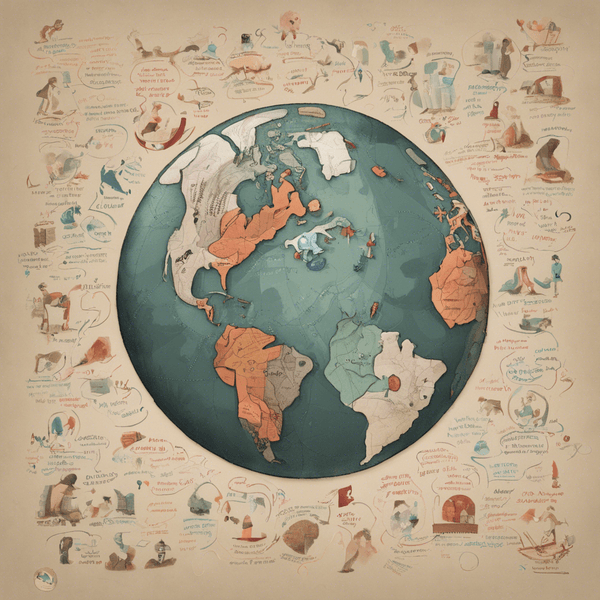Since I love music so much, I decided to do yet another article on music that I adore very much. This week, it will be jazz. This summer, I watched a movie with a friend called Whip Lash, where evil J. Jonah Jameson threatens young Reed Richards of the Fantastic Four through playing jazz drums professionally. Something like that, the plot doesn't stir so vividly in my mind. But anyway, I have come to the decision to do a list on my top six jazz artists. I decided to leave out the big famous ones since they alone would take up the whole list. This includes Frank Sinatra, Bing Crosby, Dean Martin, Duke Ellington, Louis Armstrong, Miles Davis, etc. I'm not saying the artists on this list aren't famous, I'm just saying they're not everyday household names like the aforementioned individuals. Since jazz is one of the most universally loved musics, reading this will be a thrill ride akin to rolling down Mount Everest in a tire. That implies that it sounds enthralling, but will probably ruin your life in reality. Anyway, here is my list in no particular order.
1. Louis Prima
My number one jazz artist is Dean Martin. He has a flowing yet cool voice and is drunk whenever he's not sleeping. Close to him, however, is Louis Prima. Prima was an Italian singer who sang big band, jazz, and pop songs in the forties, fifties, and a little in the sixties. His wild vocal delivery is always vibrantly belted out with a hint of raspiness. His act was made complete with his wife Keely Smith, who was a scintillating vocalist in her own right. She always acted disinterested in him on stage, like he annoyed her. This was all part of the act, as they were entertainers above all. Prima's best songs include "Just a Gigolo/I Ain't Got Nobody," "Jump, Jive, and Wail," "Closer to the Bone," "The Lip," "There Ain't Gonna Be No Next Time," "Angelina" and the song for which he is most known today "I Wanna Be Like You," from The Jungle Book. Prima was an entertainer's entertainer who influenced most of his contemporaries, such as Frank Sinatra and Dean Martin. They would go see his show when they weren't busy putting on their own. That's how you know you're in charge. Frank Sinatra comes to learn from you.
2. John Coltrane
In terms of jazz greats, there are few unsung heroes like John Coltrane. Coltrane was one of the forerunners of late sixties avant-garde and psychedelia with his early sixties work. I think my favorite from him has to be "In a Sentimental Mood" or "Equinox." A lot of Coltrane's songs are more free form and hard to recreate. To me, he is the prime example of improvisation in jazz, and the soul of the notes being much more important than the notes themselves. His album Giant Steps highlights his virtuoso saxophone playing. It may sound on many of his songs like the whole band just made up whatever they felt like doing, but the format seems evident from the beginning. Many of his songs have a jazzy piano riff with light stepping chords and a 5/4 time signature until his soulful saxophone seeps in. Coltrane truly changed music and never gets enough credit.
3. Charles Mingus
Another often overlooked great, Charles Mingus was the greatest bassist in jazz history. His playing of the string bass stood above many classical players. This may be because he was classically trained. As a kid, he played cello but wasn't able to pursue it. This is because history was awful and racist and black people were discouraged to play classical music. In the face of this bigoted adversity, Mingus went under the tutelage of members of the New York Philharmonic Orchestra and taught himself how to read and write classical music. This helped him break onto the jazz scene and he quickly toured with the likes of Louis Armstrong and Lionel Hampton. Mingus idolized Duke Ellington and was often compared to him. Mingus was not exactly known for being a gracious person and was often rude to his fellow musicians. Despite this, he had a real ear for getting players together that had harmonic musical chemistry with each other. My favorite of Mingus' work include "Goodbye Pork Pie Hat", "Devil's Blues," and the energetic and engaging "Moanin.'" Also, he did quite a humorous take on "Shortnin' Bread" during a live show.
4. Cab Calloway
I was debating on putting Cab Calloway on here, because he is fairly famous, but not as famous as he should be. Aside from being the perfect candidate to play the Joker (he wouldn't even really need make up or a new wardrobe) he had wild dancing and a powerful foghorn of a voice. He was also a fan of scat singing and making up nonsense words. He is undoubtedly most famous for his song "Minnie the Moocher" but also had fun ones like "Jumpin' Jive", "The Reefer Man" and "St. James Infirmary." "Minnie the Moocher" also has a verse about marijuana that got cut out in many of his live performances. This was 1931. Talk about awesome.
5. Bix Beiderbecke
Okay, I'll be honest. I can't ever remember Bix Beiderbuk.. Beidelafer....Baneonback...Beaninbeak...Bieber, oh never mind. The point is his last name's hard to spell and pronounce so I'll just call him Bix. Bix was one of the very early jazz artists that influenced most people who came after him. He played the cornet, which is the trumpet's smaller and angrier sister. He is one of the early white jazz instrumentalists who was a true talent. He didn't merely try to steal from black culture, but he made it his own. He chose to do jazz not to cash in on it, but because he knew what he was doing. He lived a very controversial life and died of alcoholism at the ripe old age of 28. Songs like "Krazy Kat" and "Singin' the Blues" showed his more upbeat side while ballads like his greatest song "I'm Coming Virginia" showed his seamless interweaving between classical music and jazz. Plus you have to be German or a chemist to pronounce his last name.
6. Bobby Darin
Also in line for my favorite jazz artist is Bobby Darin. He was big in the fifties and died in 1973 when he was in his forties, but that doesn't detract from the fact he had a load of great and famous work. For being a singer with more upbeat and radio friendly songs, his subject matter was usually dark and downright disturbing. "Mack the Knife," one of my favorite songs, is fun tune with more key changes than likes on Kim Kardashian's Instagram posts, that is about a serial killer that steals people's money, stabs them to death, hides their bodies in bags on boats, or just simply leaves them on the street. Bobby Darin doesn't care, he's having a great time singing the song. "Clementine," a unique take on the old folk song, is a humorous little ditty about a girl who is so fat that she breaks a wooden bridge and falls into the river where she drowns. The narrator even suggests a whale hunter can catch her with a harpoon. Once again, Bobby Darin does not give a single care. Another song in Darin's joyous cynicism is "Artificial Flowers" a song about a little girl who's parents either left or died and left her to make 'Artificial Flowers' that she thought people would like to compensate the fact that her parents had gone, until the little girl died of loneliness not long after. As one can guess, the cares Bobby Darin didn't give were falling from the sky. He also wrote "Splish Splash I Was Taking a Bath," which actually isn't dark or anything. Just an interesting footnote.

